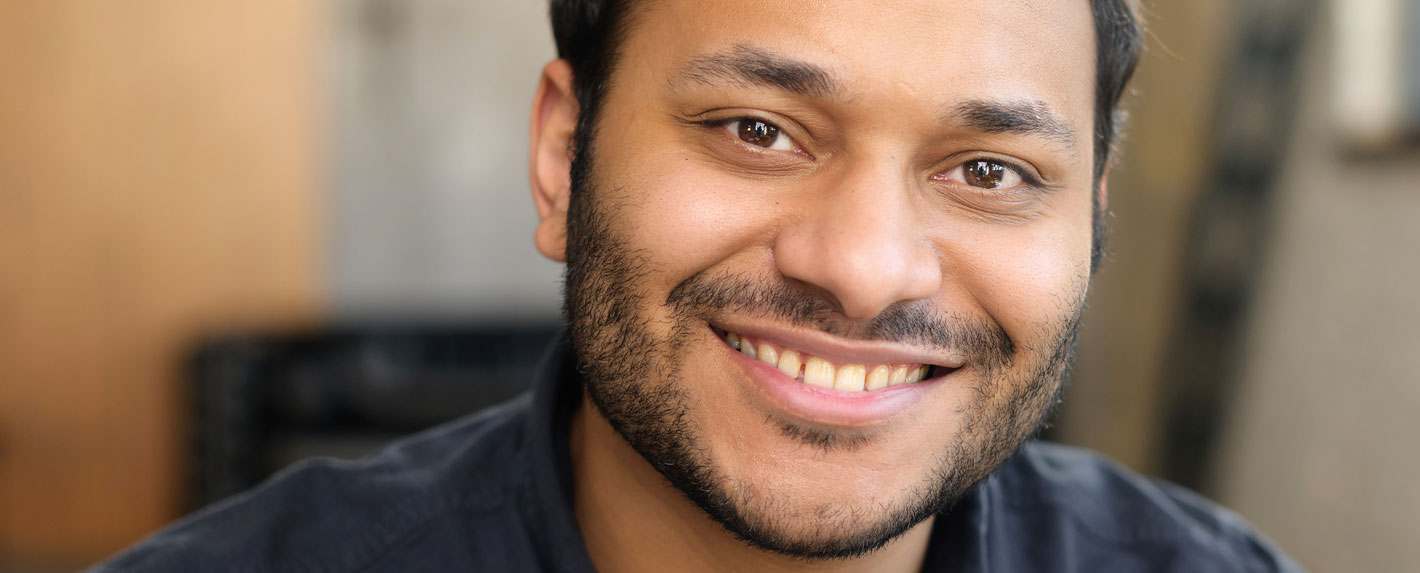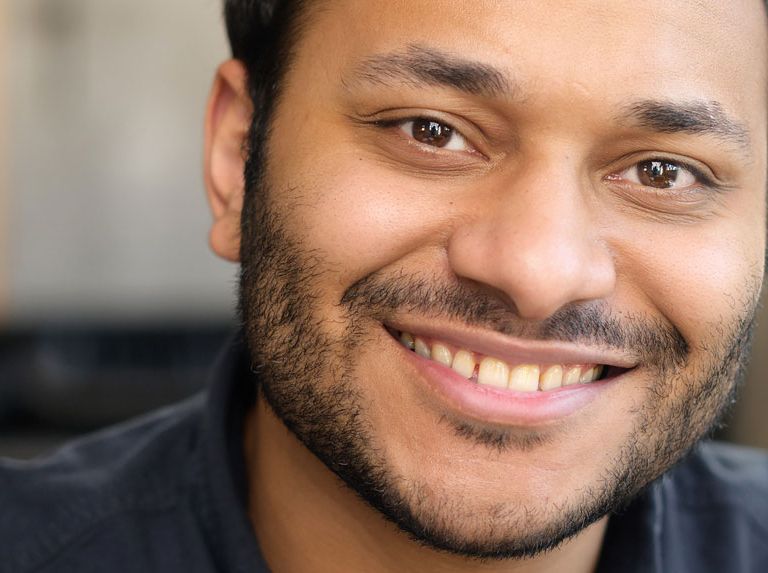Suicide, depression, anger, and the hidden struggle:
Understanding men’s mental health challenges in the 21st century
In today’s high-pressure society, the mental health struggles of men often go unnoticed, hidden behind a façade of strength and resilience. But the alarming rise in male suicide rates speaks another story. According to the World Journal of Psychiatry, men die from suicide 3.9X more often than women, globally.
According to the Boston Medical Center, this is happening while men are diagnosed for depression less often, and often the men dying by suicide have no prior medical history. The question is why?
Societal expectations and their toll on men
The narrative of success and stoicism that society writes for men adds immense pressure, leading to stress, anxiety, and depression. This unspoken yet powerful societal script leaves little room for vulnerability, trapping many in a cycle of silent suffering.
“It is absolutely terrifying the kind of deep suffering the happiest looking people are able to hide inside themselves.”
– Nikita Gill
The reluctance to openly discuss mental health struggles is reflected in stark statistics: According to the Priory Group, “77% of men polled have suffered with common mental health symptoms like anxiety, stress or depression. 40% of men have never spoken to anyone about their mental health”
The reasons for this silence range from self-reliance to fear of stigma.
Financial responsibilities also weigh heavily on men, often seen as the breadwinners. The pressure to provide can exacerbate mental health issues, particularly during economic downturns, leading to increased risks of depression and suicide. (Journal of Mental Health)
Therapy: A path to resilience and success
Online counselling for men offers a promising path forward, especially as topics of men’s mental health and men’s suicide become more mainstream.
Therapy is a safe space where men can confront societal pressures, develop effective coping mechanisms to manage stress, pressure, and emotional pain — and ultimately develop a healthier approach to life’s challenges.

“There is no standard normal. normal is subjective. there are seven billion versions of normal on this planet.”
– Matt Haig






Share